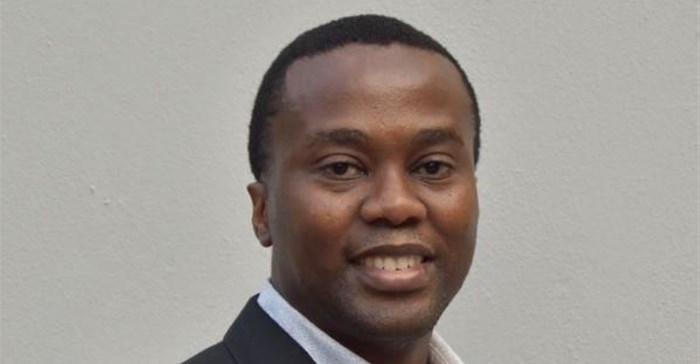
Top stories






More news


Marketing & Media
Ads are coming to AI. Does that really have to be such a bad thing?














Professor Bonga Chiliza, incoming South African Society of Psychiatrists (Sasop) president, says the deaths of 144 patients in the now-notorious Life Esidimeni tragedy; allegations of abuse and human rights violations at the Tower Psychiatric Hospital in the Eastern Cape; and the suicide of UCT Health Sciences Dean Prof Bongani Mayosi following his battle with depression all point to need for better management of public sector psychiatry
Therefore, the organisation will ramp up its lobbying for mental healthcare to be allocated an equitable share of the national health budget. Chiliza says Sasop would also be doing more to encourage medical students to specialise in psychiatry, in order to grow the numbers of qualified professionals able to serve public mental health care needs.
“Mental health conditions are often misunderstood, mismanaged and stigmatised, particularly for those who rely on the public health system for treatment. They are extremely vulnerable to abuse and Sasop as the professional body for psychiatrists must take the lead in ensuring better services to our people.
“We will live out the promise we made to society when we engaged in a social contract with our community as practising, professional psychiatrists,” he says.
Sasop is establishing a “robust public sector executive committee of senior psychiatrists in academia and government services” to guide its efforts to strengthen psychiatric care in the public health sector, and will continue in its role in the National Mental Health Alliance of NGOs as a vehicle for advocacy on policy and budget issues affecting mental healthcare and the provision of professional psychiatry services in the public sector.
Outlining his vision for SASOP and its contribution to the profession of psychiatry, Prof Chiliza said the organisation would also focus on renewing its leadership transformation efforts, strengthening the relationship between public and private sector psychiatry, and supporting early-career psychiatrists.
Chiliza says that as a scarce resource, psychiatrists in the public and private sectors needed to work together, especially in preparing for the reorganisation of the health care system with implementation of National Health Insurance (NHI).
“We are already piloting value-based care models in the private sector. There is no reason why these pilots cannot be performed in both private and state sectors,” he says.
On early-career psychiatry, he says he aims to grow Sasop by focusing on young psychiatrists, registrars and medical officers, ensuring that young doctors had ample opportunity to do internships in the discipline and "fall in love with psychiatry". "We need to push harder for psychiatry to be truly recognised as a major discipline in undergraduate medical education,” he says.
Sasop will also look to increase the support it already offers to medical registrars in order to “facilitate a more equitable training platform for all registrars regardless of the university at which they are training”.
Support for early-career psychiatrists would also extend to assistance in dealing with professional practice issues such as billing, and mentorship for young psychiatrists and future academics.